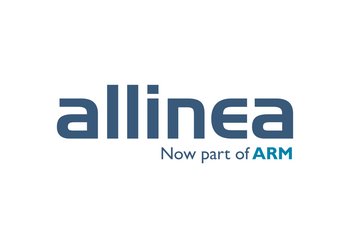Chip designer ARM has agreed to pay an undisclosed amount for Allinea Software, a British company that specializes in developer tools for high performance computing (HPC).
Allinea says it counts 20 of the world’s top 25 most powerful supercomputers as its customers. The deal will enable ARM to improve the performance of its chipsets when running machine learning and data analytics workloads.
ARM has promised that following the acquisition, Allinea will continue to develop software for multiple platforms, and not just its own AArch64 architecture.
“Allinea’s ability to debug and analyze many-node systems is unique, and with this acquisition we are ensuring that this capability remains available to the whole ARM ecosystem, and to the other CPU architectures prevalent in HPC, as well as in future applications such as artificial intelligence, machine learning and advanced data analytics,” said Javier Orensanz, general manager of the development solutions group at ARM.
Switching rails
Allinea develops performance analysis tools that maximize the efficiency of software for HPC, used by organizations like the US Department of Energy and NASA.
Its flagship product is Allinea Forge, a software suite that includes an application debugger Allinea DDT, a performance analyzer Allinea MAP, and an analysis tool for system owners and administrators called Allinea Performance Reports.
Following the acquisition, Allinea will integrate with ARM’s HPC compiler and libraries engineering teams to become a new HPC Tools team within the Development Solutions Group.
So far, ARM-based chip performance in the server market has been less than stellar, but the company has recently won the contract to supply silicon for Japan’s upcoming Post K supercomputer, expected to become the fastest computer in the world once it is switched on sometime after 2020.
Post K is being built by Fujitsu and will be 8-10 times faster than today’s top ranked supercomputer, China’s Sunway TaihuLight.
“Writing and deploying software that exploits the ever increasing computing power of clusters and supercomputers is a demanding challenge - it needs to run fast, and run right, and that’s exactly what our suite of tools is designed to enable,” said David Lecomber, CEO of Allinea.
“As part of ARM, we’ll continue to work with the HPC community, our customers and our partners to advance the development of our cross-platform technology, and take advantage of product synergies between ARM’s compilers, libraries and advisory tools and our existing and future debugging and analysis tools. Our combined expertise and understanding of the challenges this market faces will deliver new solutions to this growing ecosystem.”

